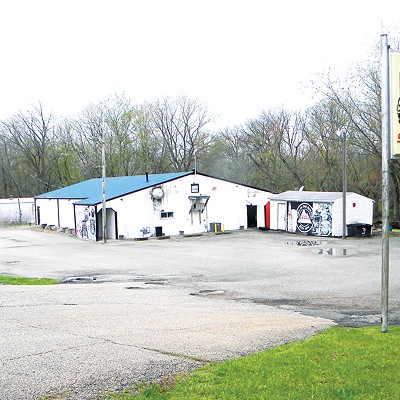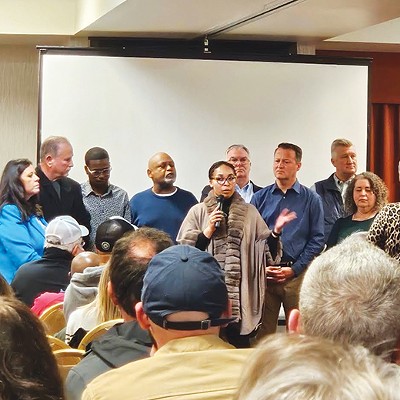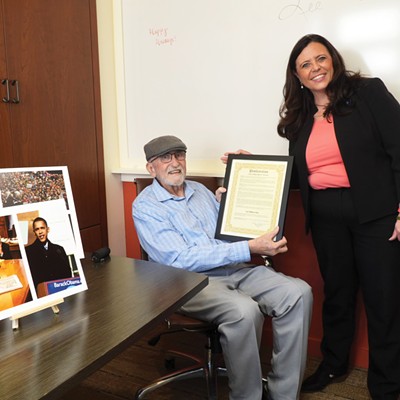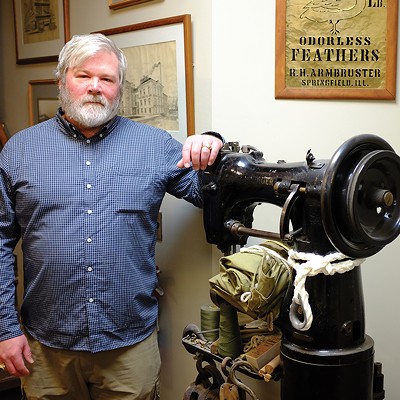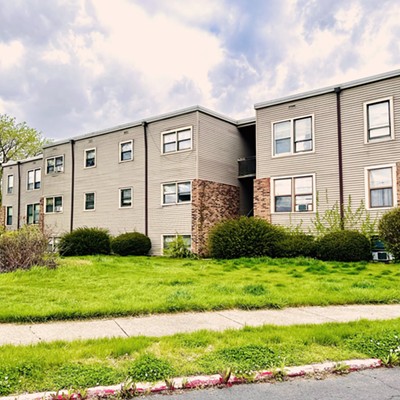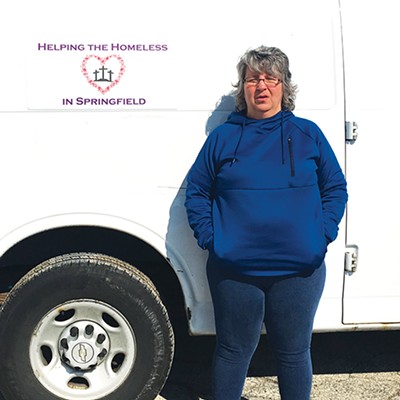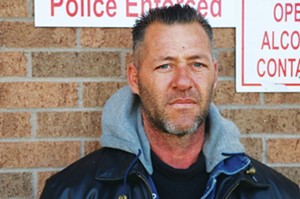
TIME FOR CHANGE
I would like to thank Illinois Times for covering the homeless in last Thursday’s issue (“Homeless for the holidays” by Patrick Yeagle).
On any given night in the United States of America, there are approximately 474,000-plus people living on the streets. This does not include those living in shelters or those who are doubled up and living with someone else.
Fifteen years ago the average homeless person in the U.S. was a 33-year-old white male; today the average homeless person is an 11-year-old girl. It is estimated that 700 homeless people die on our streets in this country every year.
There are several categories of homelessness: mentally ill, in-between jobs, new to the area and unaware of available services.
Illinois may be in a budget impasse. We may have trouble paying our state bills but, by comparison, we have more money than neighboring states and Springfield has one of the lowest unemployment rates in the state of Illinois. In other words, Springfield is an ideal place to start life over.
As the nation rebuilds itself, it is going through a healing process. It’s going to take re-education for innovating jobs. It’s going to require the communities of America to address social problems that have been left unattended for far too long.
It’s going to take social service programs to assist the mentally ill. At one time, the government fed, housed and clothed those who couldn’t take care of themselves. Since the early 1980s, this responsibility has been left to the churches and social service networks.
As the number of homeless increase during the winter months, the dire need is even greater with the state budget impasse financially crippling the available services.
As we approach the holidays, it is customary that we not only count our blessings, but think and provide for those in need.
Douglas Yul Holt,
President of Homeless United for Change
PUBLIC NEGOTIATIONS
Gov. Bruce Rauner proposed last week an open meeting, now rescheduled to Dec. 1, in which he and the four legislative leaders each take 10 minutes at the start to air their views on the budget impasse and outline their ideas to resolve it; then the meeting would move behind closed doors for the actual negotiations to take place. Several good-government groups wrote a letter to the governor recommending that the hour of airing each individual’s views be discarded and instead have the five decision-makers conduct open and public negotiations on the budget.
I propose taking a page from the current presidential debates and have the five decision-makers hold a series of budget negotiations with the main players onstage either behind individual podiums or at a round table, and that these negotiations be held in Chicago, Springfield, Champaign, Quincy and Belleville.
A moderator with thorough knowledge of the budget situation would manage the meetings.
Set three hours for each budget negotiation which would be in front of live audiences and broadcast on television and radio statewide. The open meetings would begin with each person making a two-minute statement and, after all statements are given, the moderator would begin asking questions of the elected officials who would then discuss these items amongst themselves openly, in front of the television, radio and live audiences.
These officials are elected by us and the tax monies they control are provided by us so their deliberations should be open to us. We the public have a right to see and hear what they negotiate with each other on how to spend our money rather than have them work out something behind closed doors.
Jeff Donohue
Chatham



